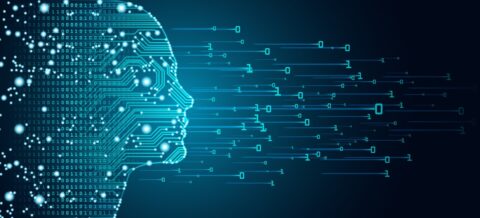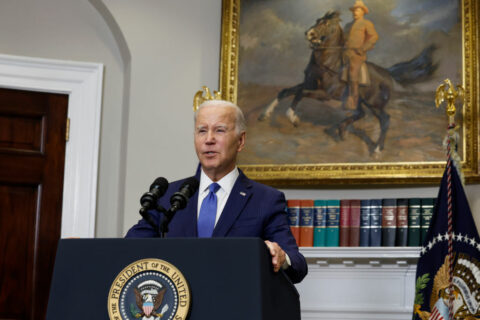Walmart announced its plans to host two Black Friday Deals events Wednesday. Find out when they start and what deals will be featured.

UPDATE: Nov. 1, 2023, 2:00 p.m. EDT This story has been updated.
Black Friday sales that begin in late October and continue throughout November with multiple waves of deals have become the norm at many major retailers. But this year, Walmart is taking a chiller approach to the holiday season.
The big box store has announced that it will run a pair of “Black Friday Deals” events later this month: The first sale will kick off online on Wednesday, Nov. 8 before it continues in stores on Friday, Nov. 10 at 6 a.m. local time, while the second will launch online on Wednesday, Nov. 22 before it goes IRL on Friday, Nov. 24 (or actual Black Friday). Both events will include three hours of early access for paid (non-trial) members of its Walmart+ program starting at 12 p.m. before their deals go live for all shoppers at 3 p.m. ET.
The Black Friday Deals events at Walmart will be succeeded by its online-only Cyber Monday event on Monday, Nov. 27, which, unlike previous iterations, will also have an early-access period for the Walmart+ crew.

Credit: Walmart
Walmart’s press release for its holiday plans name-dropped top brands like “Apple, Dyson, LEGO, LG, and Samsung” and teased a handful of deals that will drop during the first Black Friday Deals event:
-
Apple Watch Series 9 (GPS, 41mm) — $329
$399(save $70) -
Apple AirPods (2nd generation) — $69
$129(save $60) -
Samsung 65-inch UHD Roku TV — $398 (Special Buy)
-
onn. 50-inch Roku TV — $148 (Special Buy)
-
Dyson V12 Detect Slim Absolute — $449.99
$649.99(save $200) -
Ninja Professional Blender — $50 (Special Buy)
-
Barbie Doll And Accessories “Malibu” Travel Set — $12.97
$21.97(save $9) -
LEGO Technic Formula E Porsche 99X Electric — $25
$49.99(save $24.99) -
Teenage Mutant Ninja Turtles Raphael Cowabunga Skate RC — $25
$49.97(save $24.97)
As part of its announcement, the retailer has also shared that one-year Walmart+ memberships are on sale for $49 (or 50% off) in the lead-up to its first Black Friday Deals event from Nov. 1 through Nov. 8. The program unlocks benefits like free shipping with no order minimums, fuel discounts, and a free Paramount+ subscription in addition to early access to certain Walmart sales throughout the year.
Black Friday sales have already started. Here are the best early deals we’ve found so far.
While this early-access formatting is a repeat of what Walmart has done during past Black Friday sales, the overall vibe of its 2023 holiday programming feels different — more specifically, less hasty. Black Friday Deals for Days events at Walmart in 2020, 2021, and 2022 were three- to four-part events, and they were all set in stone by mid-October, giving the retailer a leg up over other stores that waited longer to share the dates of their sales.
This year, Walmart is the third major retailer to unveil its 2023 Black Friday after Best Buy and Target, which released their first waves of early Black Friday deals on Oct. 27 and 29, respectively. Amazon’s should be coming any day now.

Opens in a new window











